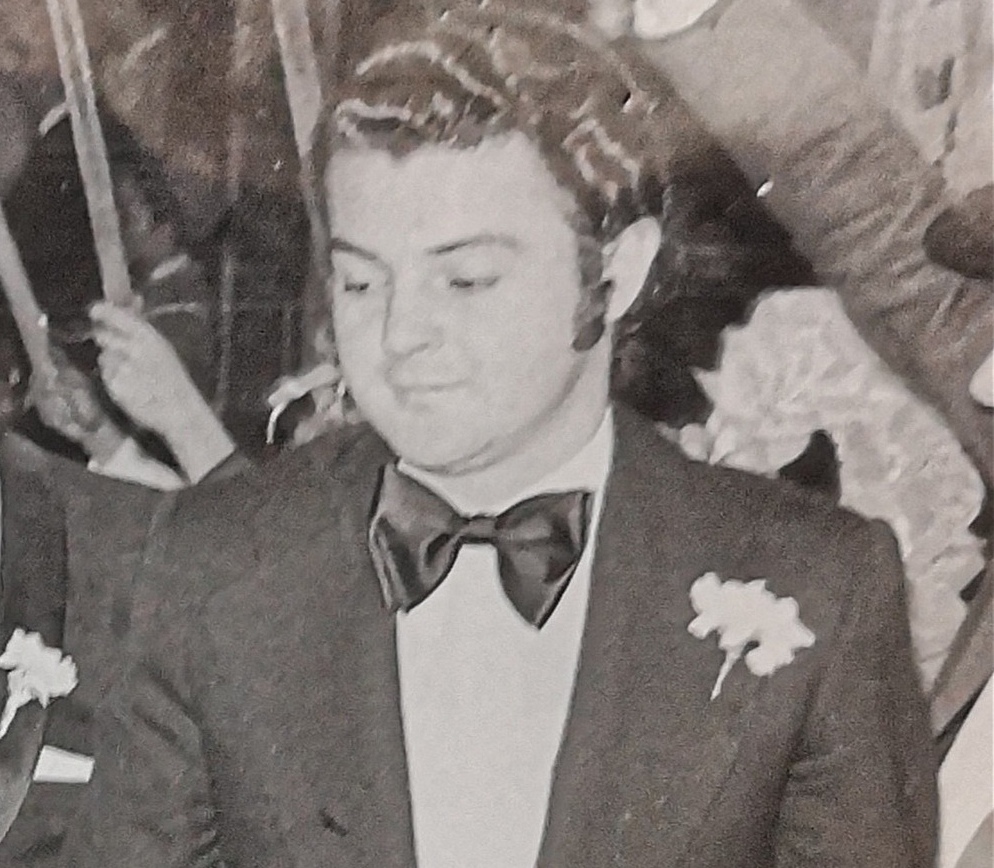The goal of VideoAge‘s “Hall of Fame” feature in its October (MIPCOM) Issue will be to revive Greece’s film and TV sector. Guiding us there through the torturous, yet fascinating story of two families whose sons followed in their fathers’ footsteps are Theo Kouroglou, who spent his formative years in Germany, and John Triantafyllis, who grew up in the U.S.
Here’s how Theodoros (Theo) Kouroglou recalled this path: “In 1963, my father, John, rented a movie theater in Athens, the Cine Averov. In 1967, John Michael Triantafyllis, the founder of the JT TV Film company, asked my father if he was interested in showing Nudist Paradise, a British movie he had just bought.”
Triantafyllis (1910-1982) was a Greek actor who founded JT Film in 1939 to acquire movies for the Greek market, as well as to produce and direct several domestic movies that he also distributed overseas. The company was renamed JT TV Film when he entered the TV business by distributing ITC titles. His son, John Michael Triantafyllis the seventh, took over JT TV Film –– which he still runs today –– in 1976, when he returned to Greece after a nine-year residence in the U.S.
Theo’s father had entered the movie business in 1958 when he co-founded Acropolis Films with Nick Groumbas. When Groumbas died in 1966, the Kouroglou family (John and sons Theo and Chris) took over full ownership. Acropolis Films stayed in business until 1998 when John Kouroglou retired at 80 years old. He died in 2007.
“My father gave Triantafyllis a good deal, and Nudist Paradise filled the theater’s seats for 17 straight weeks with 14 sold-out showings per day, from 9 a.m. to 11 p.m., until it was eventually shot down by [the military government’s] censors.”
Theo (pictured above in 1974, at age 26), recalled that those years were the golden era of film in Greece, with 120 winter cinemas and 250 open-air summer cinemas in metropolitan Athens.
That era saw the huge success of the 1960 Greek film Never on Sunday, which was nominated for five Oscars. In 1964, another Greek movie, Zorba the Greek, won three Oscars. And in 1969, Costa-Gavras’ film Z was nominated for two Oscars.
This golden era for movies lasted up until 1974. From 1967 to 1974, television was mainly used as a propaganda tool by the Greek military junta. Therefore, it was only after democracy was restored in 1974 that television became popular enough to cause a reduction in the number of filmgoers in the country.
Theo assisted his father in the film business up until his high school graduation. During that time he accompanied him on various business trips. “Since 1968 I used to visit Rome with my father,” he said. “There, we acquired the theatrical rights [to a number of films] for cinema distribution in Greece and Cyprus,” Theo recalled.
The young Kouroglou took a break from the film business when he left for university in Germany. But in 1972 he re-immersed himself in his father’s business by attending a string of markets and festivals.
When his father also started a car sales company in 1977, John Kouroglou & Sons, Theo moved to the new company to serve as managing partner.
But a call back to show business came again, in 2006, when he was tapped as a Content Acquisition manager for Greek regional TV network Largovidiaria TV 0-6. By then, he had been out of the audiovisual industry for over 20 years. After a two-year stint with TV 0-6, he accepted a sales position with Italian children’s TV animation company, Mondo TV, where he remained until his retirement in 2011.












Leave A Comment